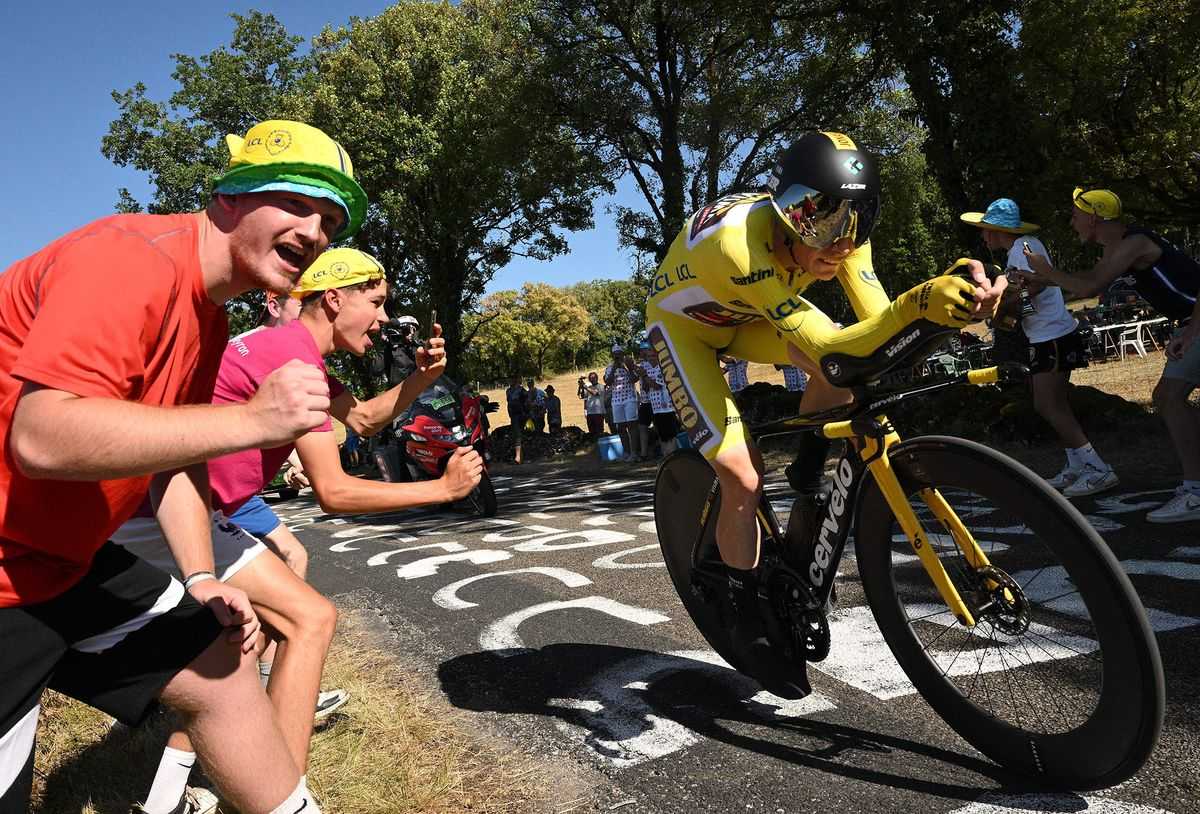Some Important points to keep in mind when buying a bike helmet
Posted 2 years ago in SPORTS.Your head is one of the most sensitive organs and at risk of serious injury, so it's important to always wear a good helmet.
Some Important points to keep in mind when buying a bike helmet

Mountain biking is one of those adventure sports that involves a lot of risk, especially for beginners. In order to achieve the best performance in this game, several factors must be carefully considered. These factors are safety, strength, decision-making speed and an increased level of adrenaline.
Among all these qualities, safety is something that cannot be neglected at any time during sport. Indeed, an injury does not wait for the right moment and can occur when the appropriate care is not provided. This is where the need for proper protective equipment comes in and protective bike helmets can be found at helmetadviser.com.
Your head is one of the most sensitive organs and at risk of serious injury, so it's important to always wear a good helmet. Helmets not only protect your head from various injuries, but they also help keep your head cool and allow you to focus on performance rather than safety. However, choosing a good mountain bike helmet can be quite difficult. This article therefore goes over a few points to take into account when buying your helmet:
hull type
Mountain bike helmets are classified into three main categories. Cross country helmets, skate style helmets and full face helmets. Each of these helmets serves a different purpose and suits a different style of mountain biking. For example, full-face helmets are suitable for people who like aggressive, fast and dangerous mountain biking. Cross-country helmets, on the other hand, are lightweight, fully ventilated and comfortable to give you the right level of protection for regular cross-country mountain biking.
Road vs mountain bike helmet
Whether you ride a road bike or a mountain bike, you absolutely must wear a helmet for safety reasons. A good helmet can protect your head from the sun and possible accidents.
Previously, in some road races with a mountain finish, riders could run without a helmet. But this rule has also been removed. For safety reasons, all racing events (road bike and mountain bike) are run with helmets, without exception. Any rider found without a helmet will be disqualified.
But what if you don't run the race? Do you still have to wear a helmet? Common sense tells us that helmets can help protect our heads in the event of an accident. However, many cyclists take this issue lightly and do not wear a helmet while riding.
On a road bike, the bike rolls faster. Downhill, the speed reaches 100 km/h. It's as fast as a motor vehicle! An accident can result in serious injury or, in the worst case, death. Many cyclists blog about their accidents, many of whom were happy to put their helmets on when they crashed. They kept the broken helmets as souvenirs. Now they can show their "scars" to their friends.
You will be surprised when you see these photos of the helmet because in most cases the back of the helmet is torn. This means that if you are not wearing a helmet, your head will absorb the full force of the impact. And any strong impact to the back of the head is just a disaster. So don't take it lightly, wear a helmet while driving.
If you don't have one, how to choose a good helmet? Most helmets are lab tested to ensure they can absorb severe shock in a crash. However, a good quality helmet provides more comfort and reduces drag.
If you ride a road bike, stick with a road bike helmet. Road helmets are made more aerodynamic to reduce wind resistance. The face of the helmet is more pointed so that the wind moves evenly towards the back of the head. Plus, you'll look better with a road helmet.
But if you already have a mountain bike helmet, you might want to use the same helmet, especially if you want to ride a bike for fun. Unless of course your MTB helmet is a full face helmet. So we have to find something else. You definitely don't want to wear a full face helmet when riding a road bike. A full face helmet can prevent facial injuries when mountain biking on rough terrain.
Certification and Compliance
The helmet you choose for mountain biking meets certain quality standards and certifications set by the government. CPSC certification is commonly followed for cycling, followed by almost all major helmet brands. However, full-face helmets meet additional safety standards and certifications suitable for use in high-risk activities.
height and weight
Helmet size is an important consideration. The helmet should not be too big for your head, as it may continue to attract your attention from time to time and not help you in the event of an accident. At the same time, it should not be too tight, because a tight helmet will increase pressure on the head and cause great discomfort. The weight of the helmet must be easily transportable on the head. Heavy helmets can cause great discomfort. On the other hand, an exceptionally light helmet may not have enough resistance to absorb impacts and may not offer sufficient protection.





























